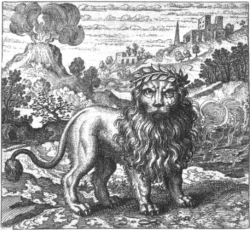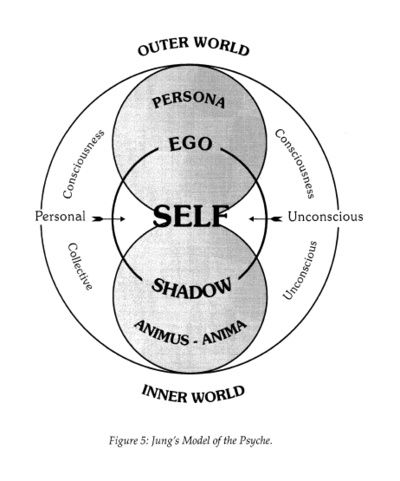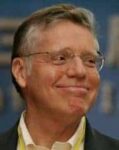Jung’s Concept of the Animus
with Lucille Klein, MA, NCPsyA
With the current debate over the nature and content of gender, Jung’s concepts of the anima/animus are being re-examined and, in some cases, reformulated or even discarded as a means of conceptualizing psychological life. It was recorded in 1989.
This lecture is part of the set Views of the Animus, which includes the following lectures:
- Jung’s Concept of the Animus – Lucille Klein
- Animus Images in Dreams, Myths, and Fairytales – Lois Khan
- Female Authority: Stages of Animus Development – Florence Wiedemann and Polly Young-Eisendrath
- Animus as Servant to the Self – Caroline Stevens
- Animus: A Non-Gender Perspective – Cathy Rives
The diagram below is referenced in this talk:
Lucille Klein, MA, NCPsyA is a retired Jungian analyst in Matteson, Illinois. Her essay on “The Goose Girl” appears in Psyche’s Stories, vol 2: Modern Jungian Interpretations of Fairy Tales.
Podcast: Play in new window | Download (30.1MB)
For the full lecture, CLICK HERE
For the complete set, CLICK HERE
© 1989 Lucille Klein. This podcast is licensed under a Creative Commons Attribution-NonCommercial-NoDerivatives 4.0 International License. You may share it, but please do not change it, sell it, or transcribe it.
Music by Michael Chapman
Edited and produced by Benjamin Law





